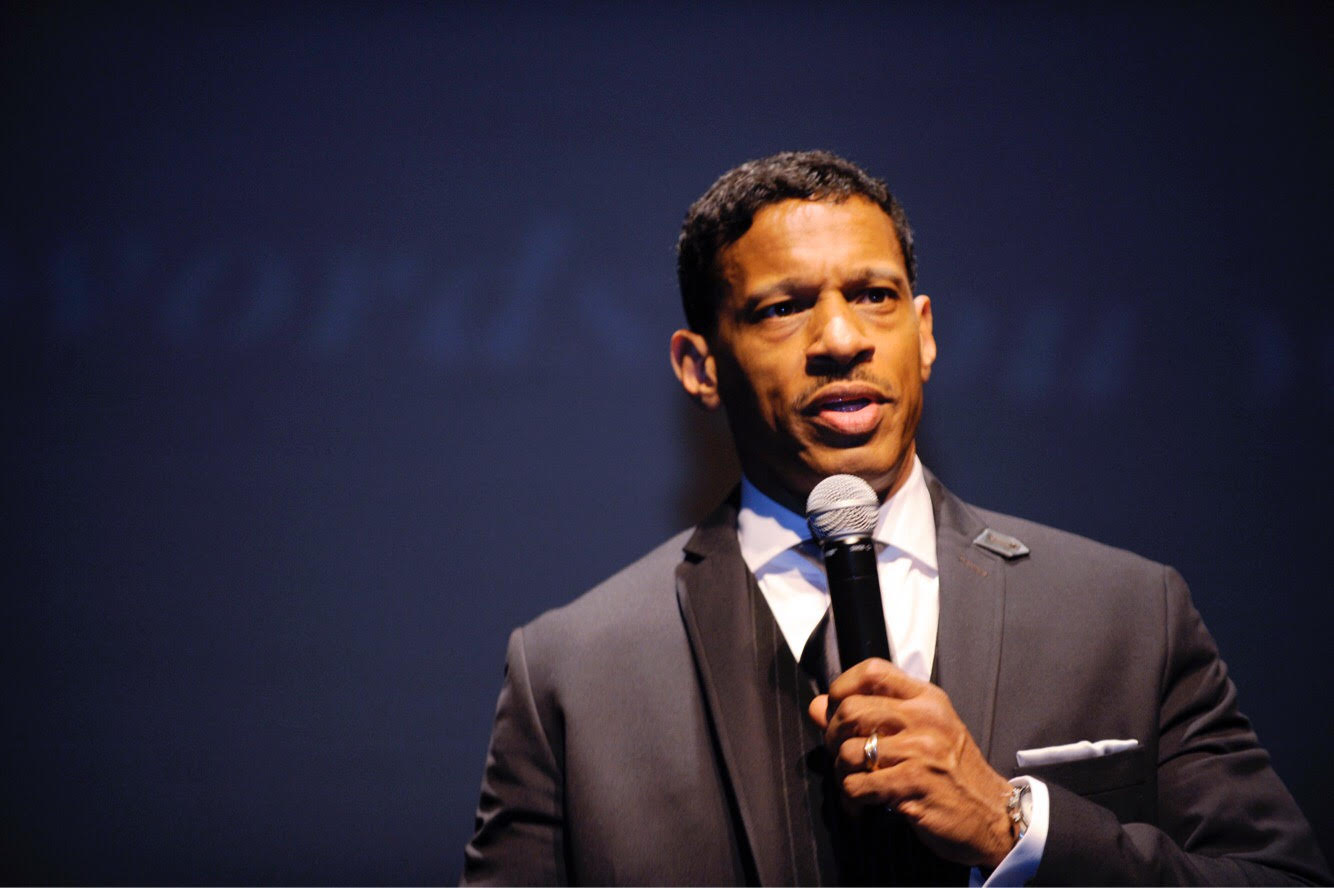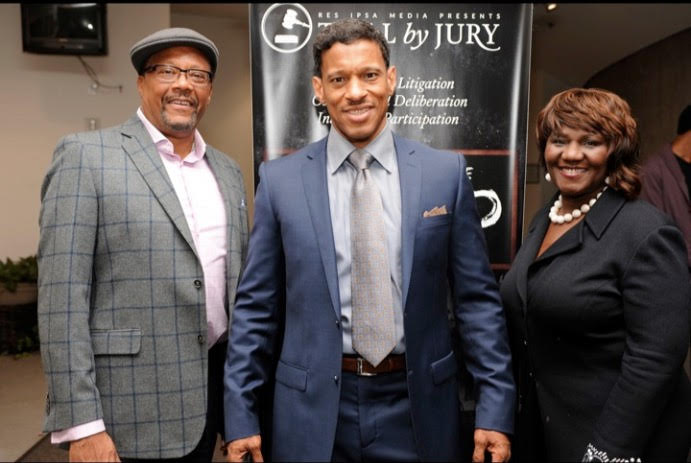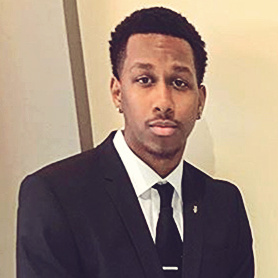Spotlight
Kilalanin si Kyle, Multimedia Producer
 With more than 25 years of experience as a Hollywood executive and producer, it’s safe to say Kyle Bowser has a knack for creative development. Though his professional trajectory wouldn’t be considered conventional, or even conventionally unconventional, Bowser made a mark on the industry almost instantaneously. He set foot on Los Angeles soil in the fall of 1991 with a desire to “create content.” Since then, he has served as one of the head curators for TV and movie productions, helping to develop projects such as In Living Color, For Your Love, Trial By Jury, Living Single and many others for various major networks and organizations.
With more than 25 years of experience as a Hollywood executive and producer, it’s safe to say Kyle Bowser has a knack for creative development. Though his professional trajectory wouldn’t be considered conventional, or even conventionally unconventional, Bowser made a mark on the industry almost instantaneously. He set foot on Los Angeles soil in the fall of 1991 with a desire to “create content.” Since then, he has served as one of the head curators for TV and movie productions, helping to develop projects such as In Living Color, For Your Love, Trial By Jury, Living Single and many others for various major networks and organizations.
How would you explain what it is you do professionally?
I am a multimedia producer. I create content for the complete spectrum of media platforms, including film, television (broadcast, cable, and streaming), radio, audio, theater, etc.
What pushed your transition from law school to TV and movie production?
Before law school, I established a career in theater management and concert promotion. I managed my family’s 2,000-seat theater and four-floor nightclub in Philadelphia and I also managed showroom, lounge, and convention entertainment at an Atlantic City casino. Then, I coordinated special events at two 3,000-seat theaters in Philly and New York. Throughout law school, my intention was to return to the entertainment industry with even better credentials, insight, and capacity to utilize media for social advocacy.
What were you doing once you first got into the industry?
Initially, I worked as a development executive for an independent producer with an overall deal at Fox Television. I later worked for the Fox network as a programming executive to creatively manage several primetime programs. Then, I was recruited by HBO to continue creative management and develop new programs. Eventually, I created and sold an original TV program, which launched my production company and my career as an independent producer.
What’s the most important thing you’ve learned throughout your career?
The two most important lessons I’ve learned are to trust my instincts and to define my success. Meaningful media is reflective of the human condition. While there are firmly established methods by which good storytelling attracts audiences, there remain infinite untold truths that, once exposed, have the power to inform minds and impact hearts. I have a talent for identifying and developing influential narratives, and shepherding those properties throughout the complicated production process. Over time, I’ve gained confidence, and defining the measurement of my effort has been a learned result. The entertainment industry and its community–at--large are saturated with the indicia of power, fame, and monetary excess. Yet, success can only truly be measured by one’s state of mind. Controlling the computation of success and failure has been liberating.
 Do you feel the lesson you learned translated to your current success as an independent producer?
Do you feel the lesson you learned translated to your current success as an independent producer?
When I was employed by major media companies, I was responsible for an overwhelming amount of activity. There was no shortage of operators vying for limited opportunities for access. As a producer, I’ve become one more candidate hoping to secure a coveted slot. Fortunately, newer platforms allow for unlimited bandwidth and micro-fractured resources. Well managed efforts will support viable methods of independent content distribution. I use my instincts to curate compelling content and I embrace a holistic measurement of success. I always ask myself: “Does this project make a difference?”
What keeps you motivated to continue evolving as a producer and creative?
The media is more powerful than a gun. In fact, media can be weaponized to change the course of the human experience. I find great motivation in harnessing that power through purposeful storytelling.
What has been the biggest challenges you’ve endured within the industry?
Mainstream media was designed and has long remained dedicated to reinforcing a standardized worldview. Alternative perspectives are often minimized through stigmatization, stereotypes and outright avoidance. However, many of the most interesting stories are derived from non-traditional circumstances. Overcoming the obstacles to access these unique perspectives is a never-ending challenge.
 What do you enjoy doing outside of your profession?
What do you enjoy doing outside of your profession?
My family is my greatest joy. My wife is a television writer and producer, so we share a genuine understanding for our respective career burdens. We also share the joy of two amazing sons. The eldest is a rising senior in college and our younger son is approaching his junior year in high school. My family offers a valuable counterbalance to my career.
What are your future plans/endeavors professionally?
I enjoy the work I do and plan to continue it. I have a particular passion for specific projects that I believe have the capacity to influence social interaction. I work hard each day to move closer and closer toward that actualization.



